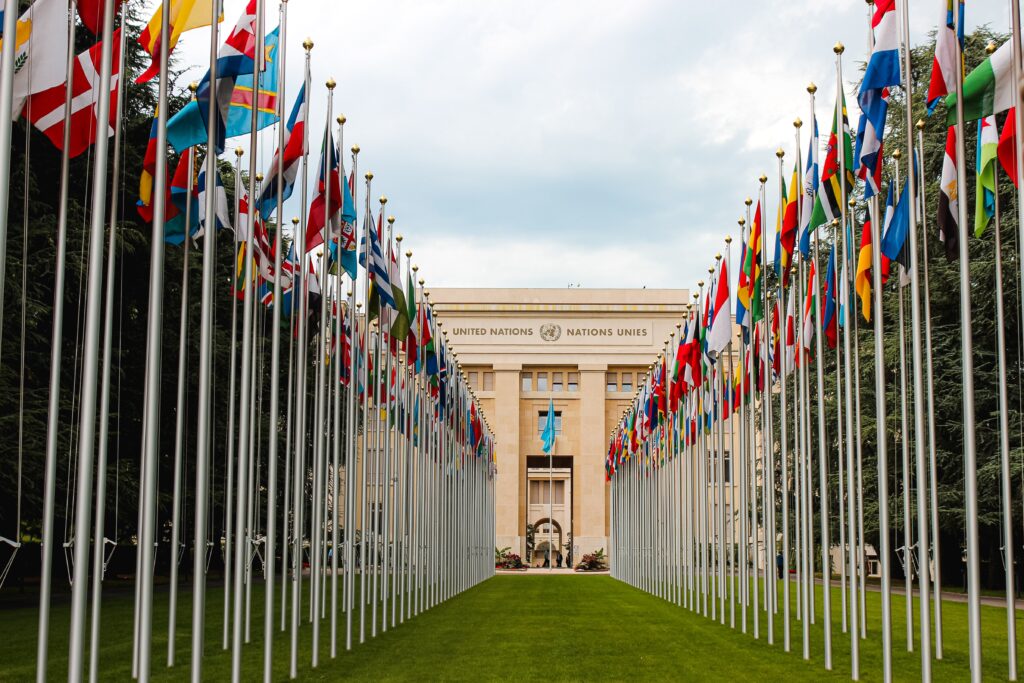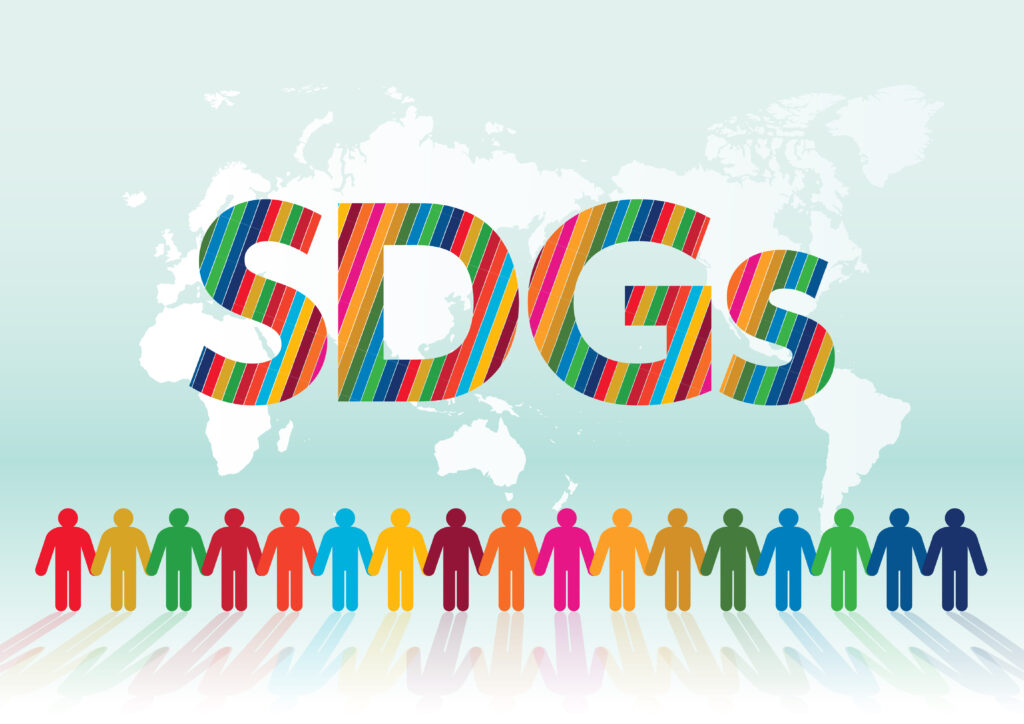The UN Global Compact (UNGC) describes itself as the “world’s largest and most important initiative for sustainable and responsible corporate governance”. With way over 20,000 participating companies and other organizations from over 160 countries, the UNGC has formed a global network to campaign for human rights and against corruption, among other things. What are the benefits of this membership for companies? And what are they committing themselves to?

The 27th Conference of Parties, the United Nations Climate Change Conference, ended on November 20, 2022 in Sharm El-Sheikh, Egypt. The results of the international conference with representatives from more than 100 countries were unfortunately not very productive. Apart from the “Loss and Damage Fund“, meaning financial support for countries hit and destroyed by extreme weather conditions, there were hardly any successes worth mentioning. However, in addition to the efforts of the United Nations to make decisions at the political level, there are also initiatives that actively target companies. These include the United Nations Global Compact (UNGC).
What is the UN Global Compact?
In 1999, then UN Secretary Kofi Annan launched the Global Compact at the World Economic Forum in Davos. The UN constituents were to initiate “a global compact of shared values and principles that gives the global marketplace a human face.” This resulted in ten principles, according to which the UN Global Compact still operates today. The principles are divided into the topics of human rights, labor (rights), environment and anti-corruption. The principles are also based on the Sustainable Development Goals (SDGs) of the United Nations. Way over 20,000 organizations from more than 160 countries around the world are now members of the network. The aim of the UNGC is for companies to voluntarily assume responsibility and thus contribute to improving working conditions in their industry. The UNCG provides a platform for participating companies to attend events, exchange ideas and learn from each other.

What do I have to do to become part of the UN Global Compact as a company?
The UN Global Compact is a voluntary commitment for companies. Companies wishing to become part of the UNGC must write a Letter of Commitment addressed to the UN Secretary-General. In this letter, the company undertakes to comply with the ten principles of the UNGC and to make a positive contribution to the SDGs. The letter must be signed by the company’s management. In addition, an online application form must be completed, which asks for information on the number of employees, annual sales and a contact person, among other things.
After a successful audit, the company is part of the UN Global Compact and at the same time becomes a member of the respective national network, for example the Global Compact Network Germany.
Depending on company revenue, yearly financial participation fees have to be paid. In addition, participating companies must submit an annual Communication on the progress on their efforts to comply with or improve on the ten principles of the UNGC. This Communication on Progress (COP) is published on the UNGC website. This doesn’t have to be a dedicated new reporting format; especially larger corporations often just upload their annual sustainability report.
UNGC: Membership Advantages
The UNGC promotes membership with organizations’ own contribution to a “fair and sustainable global economy“. There is also a focus on networking: member companies can benefit from the local UNGC network, participate in events and conferences, and forge valuable partnerships. In addition, the UNGC offers various learning opportunities such as guides, trainings and tools. With these learning options, participating companies can customize and apply solutions to comply with and even go beyond the ten principles.
In addition, the UNGC has a great symbolic effect. The voluntary commitment enables companies to better underline their sense of responsibility for the environment and social issues. And the participation in the UNGC initiative has a positive direct and indirect effect on multiple leading ESG ratings (for example at ISS and Sustainalytics), allowing participating companies to improve their ratings by multiple percentage points.
UNGC as a toothless initiative?
But the UN Global Compact is not without its critics. Already at the beginning of the initiative, NGOs such as Greenpeace or Oxfam criticized that this voluntary commitment would only delay and blur the debate about the establishment of binding institutions. Moreover, the lack of legal enforcement was criticized from the very beginning. After all, the UNGC is merely a voluntary initiative that has no sanctioning power whatsoever, apart from expulsion from the initiative. This is still the case today, 20 years after its establishment. Furthermore, the participating industries are also criticized – for example, tobacco is excluded, but arms companies can label their activities as “sustainable”.
Despite all the criticism, however, the question remains open as to whether the UNGC can actually fulfill what the critics demand of it: measurable and comparable obligations for companies to become aware of their ecological and social responsibility and to take appropriate measures. After all, voluntary membership cannot be expected to be rigorously monitored and sanctioned. Rather, applicable laws and regulations would be necessary to enforce this. Thus, the United Nations Global Compact remains a good, albeit critical, opportunity for companies to publicly demonstrate their ambitions in environmental and social matters and to report on them regularly.
You have thought about participating in the UN Global Compact but are not yet sure how you should go about it? Get in touch with us – we will guide you through the process step by step!




